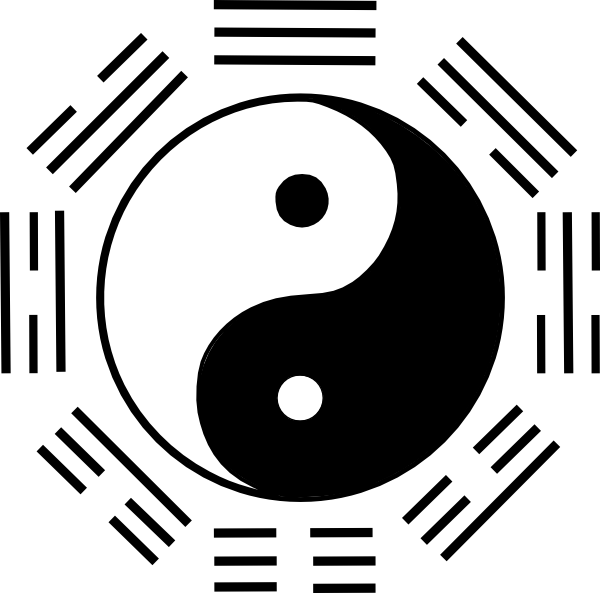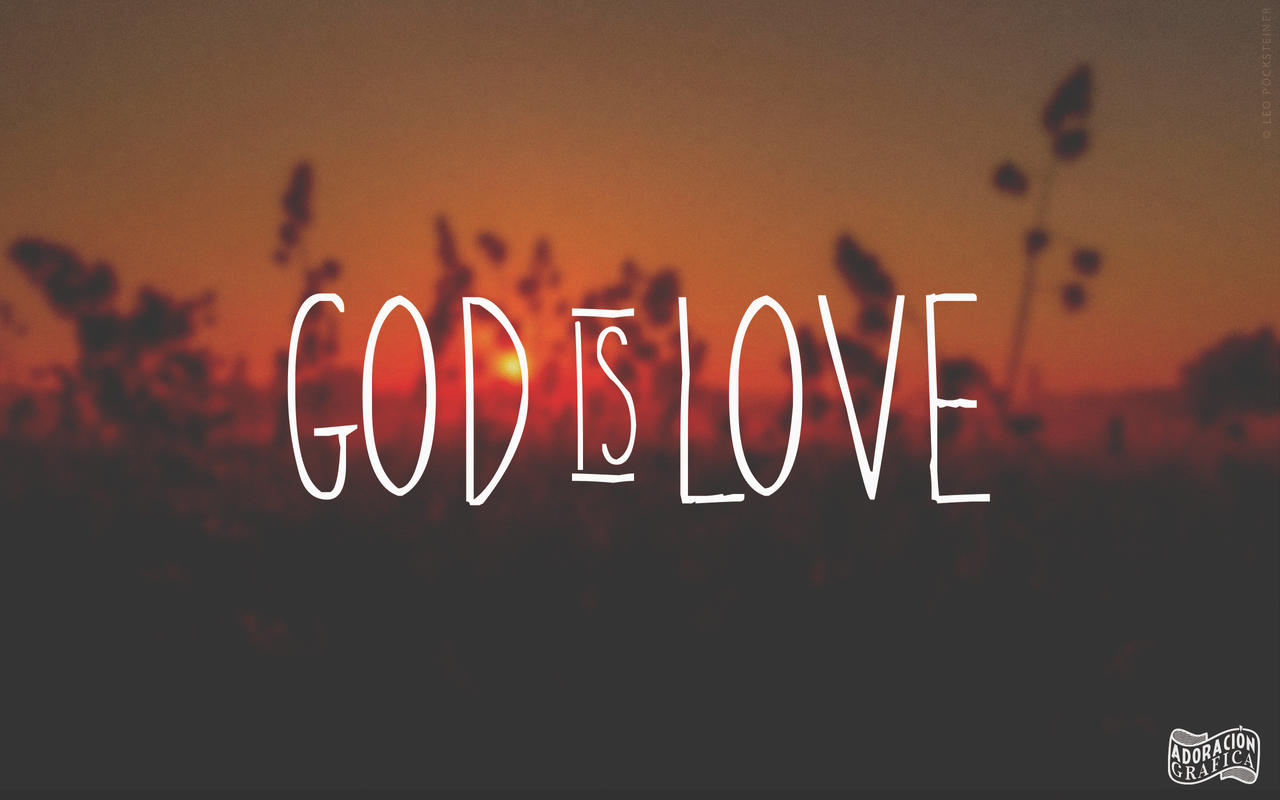This morning's discussion is longer than usual because it's all about purpose--finding the right purpose in your life. A while ago, I had a conversation with a special friend about life. We touched a little bit on purpose, which kind of got the wheels in my head turning. Do you feel like you have purpose in your life?
It's basically the long-term debate in philosophy: looking for the right purpose. Aristotle said our purpose is to live a flourishing life in study. Epictetus believed that our purpose is to live a happy life by caring only about the things that truly matter (which are the things we influence). Mill thought that our purpose is to increase the overall happiness level in the world as much as possible, and reduce the amount of pain. (I often think of Mill as the mathematician of philosophers.)
We have books overflowing with arguments and ideas about how to live life, and these books fill the shelves of thousands of bookstores across the nation.
And yet, there have been times I hit that rut where I don't really know what to do. What is my purpose in life? When are some of the moments in your life when you've asked yourself this question?
 |
| discoveryourtruecourse.com |
Firstly, know that it's okay to not be okay. We recently finished a seven-part series studying a book called Sometimes You Win, Sometimes You Learn. An overarching theme in the book is that although winning is lots of fun, many of the most powerful moments in life come from losing. Losing and feeling empty can be precursors to growing and maturing. Life can be represented with a yin-yang. There is the good, the warmth, the happiness, the health. And in that very same symbol, there is the evil, the cold, the pain, the sickness. Both exist together, within each other. The yin cannot exist without the yang. If you accept the wins of life, you must learn to accept the losses too.
 |
| clipartbest.com |
Secondly, document your thoughts. I have personally experienced so many instances where I suddenly felt overwhelmed by absolutely everything. About a year ago, my cousin gave me this journal. At the time, I was pretty lame at journaling, so I made it my New Year's resolution to write something in it each day. This last January, I purchased another journal because it has been such a helpful tool for me to keep track of the daily thoughts, worries, praises, and events. In journaling, I've improved my time management, and sort of experience this sense of peace as I reflect. I do believe that part of our purpose is to enjoy every day that we're blessed with. One way to start appreciating every day is to write them down.
Thirdly, surround yourself with love. From my experience, the nuclear family has a powerful bond that you can rely on when everything else fails. However, while you can't choose your family, you can choose your friends. There are some people who will encourage you to do things that are against your morals or standards, and when you stumble upon people like this, run away in the opposite direction! Stay with the people who encourage you in the hard times, rejoice with you in your successes, and respect you even during your lowest points in life. Be with people who are also searching for and pursuing their own purposes. What's that saying again? "Birds of a feather flock together."
Fourthly, practice gratitude. Take some time every day to give thanks. While not every day may not be good, there is still good in every day. Find the good in every day.
---
And now we arrive at the second part of this post, which is where I will be sharing what I believe my purpose is. As it is evident through this blog, I believe that my purpose is to help people find happiness in their lives. But this purpose is part of a greater purpose. I have come to learn that life's purpose is to love.
I'll have to admit that until about a year ago, I was a half-hearted Christian. I talked the Word, and I thought I knew all about what it meant to be a Christian, but now I realize how wrong I was. The Church says a whole lot about "Believing to get to Heaven." Now, I'm not saying that believing isn't important. It's just that I wasn't guided to know what to believe in.
I was taught that if you believe that Jesus died and rose for you, it was like getting this one-way ticket to Heaven.
While it was acceptable as a child, as I grew older, I had trouble seeing what the point was. To me, it sounded like, "Believe in this story, and this simple story will allow you to escape a hellish void that mankind deserves to remain in after this life." So what if I believed that this guy died for me? People die for people all the time.
Last year, I went through some of the worst experiences in my life. The one person that I thought I could count on didn't just let me down, but came back to make sure that he'd beaten me to the ground. I was later forced to leave my beloved home due to a set of unfortunate circumstances. Christianity as I had known it could get me far, but not through this.
Although the most painful events of my life (so far) happened that year, so did some of the most important lessons.
I learned in a whole new way that God is love. God is also an abstraction. For instance, think of your best friend's name. Now try describing your best friend. Do you notice, that as you continue to describe this person more, there only becomes more information that you left out? Each person that you know is so complex. As you think you start developing relationships with people, the more about these people you discover. Well, the same is true with God. But God is so much greater than people, the abstraction indefinitely more complex. As I learned more about God, the more I realized that God is so much more than a noun describing the omniscient, omnipotent presence that created the world. God is an action. God is love.
 |
| riikardo.deviantart.com |
A lot can be said about Christ's theological knowledge. But so much more can be written, studied, and shared about the way he lived. He lived with the people everyone else hated. He shared meals with the poor--and not just volunteered at a soup kitchen--he actually sat down and ate with them, like they'd been friends forever.
A man asked Jesus, "What is the greatest commandment?" And Jesus answered, "Love the Lord your God with all your heart, with all your soul, with all your mind, and with all your strength. And the second is like it: Love your neighbor as yourself" (Mark 12).
He calmed the storms of people's hearts, healed the dying, comforted the weary. His life was so full of love as he lived the greatest commandments.
And then his death.
I cannot imagine a stronger example of true love than Christ's death.
It's the innocent sacrifice in exchange for the tainted, the lamb to the slaughterhouse. His death was pure. But as I thought about it, I came to realize that Christ did not die only for the people who would eventually come to believe in him a couple thousand years later. He died for all mankind. Even the sinners. Even the people who hated him. Even the people who killed him. He suffered knowing that from these people who tortured and crucified him, he would gain nothing in return. And yet--he still suffered for them.
When I look at Jesus' life, death, and ascension, I see purpose that is not only worth living for, but dying for. And that is why I am inspired by the Word to seek love, and to share it with others.
The beautiful thing about love is that it is shown through small gestures and huge, grand ones. Although I don't think I am capable of doing great things alone, I know that I can do small things with great love. This is how I want to live. Love is what I'll hold on to.
Smile on,
-Riley XO
